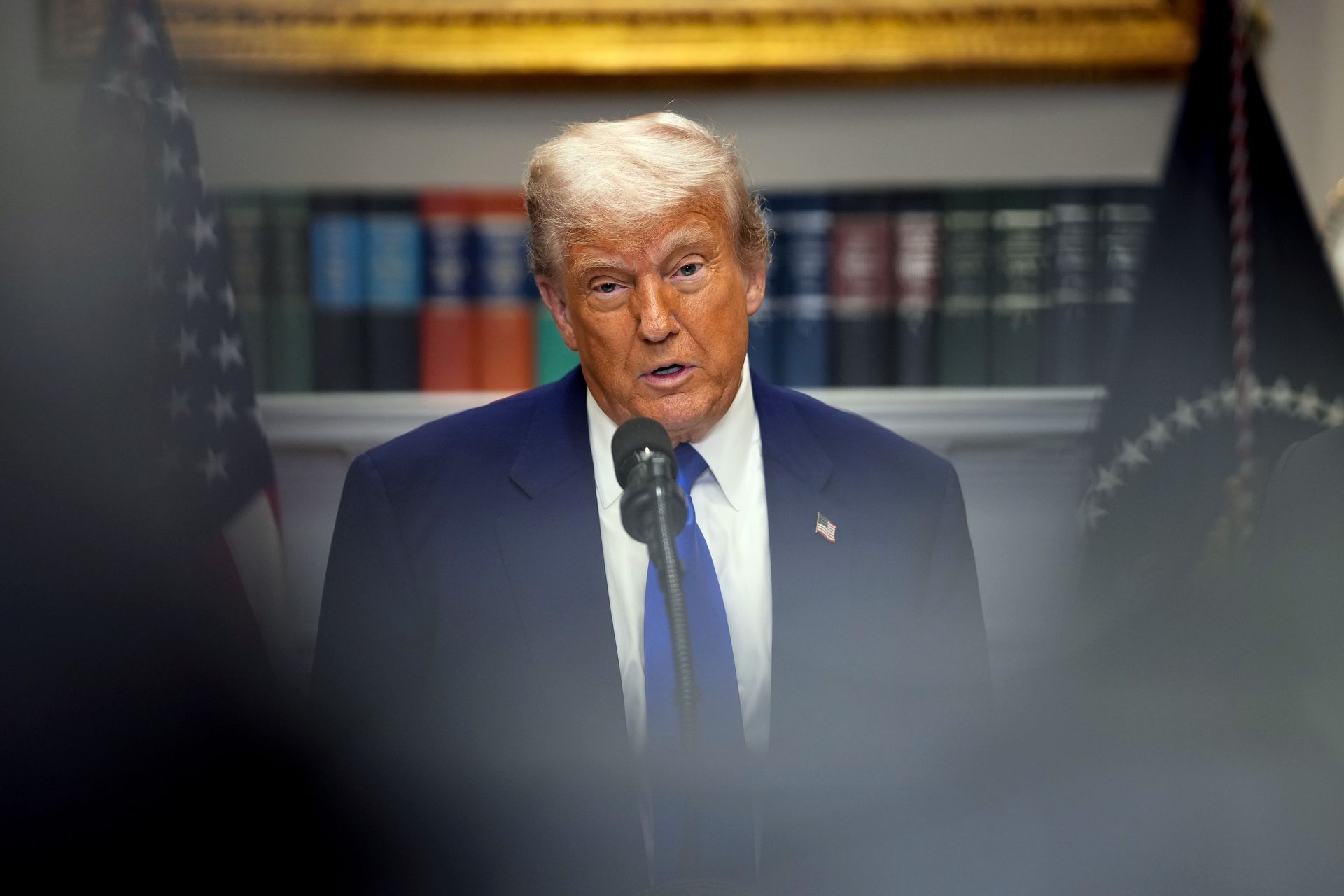BUCHAREST, Romania (AP) — Romanians are casting ballots Sunday in a tense presidential runoff between a hard-right nationalist and a pro-Western centrist in a high-stakes election rerun that could determine the geopolitical direction of the European Union and NATO member country.
Sunday’s race pits front-runner George Simion, the 38-year-old leader of the hard-right Alliance for the Unity of Romanians, or AUR, against incumbent Bucharest Mayor Nicusor Dan. It comes months after the cancelation of the previous election plunged Romania into its worst political crisis in decades.
Polls opened at 7 a.m. (0400 GMT) local time and will close at 9 p.m. (1800 GMT). Romanians abroad have been able to vote since Friday at polling stations set up in other countries, and more than 730,000 have already cast ballots.
Romania’s political landscape was upended last year when a top court voided the previous election after far-right outsider Calin Georgescu topped first-round polls, following allegations of electoral violations and Russian interference, which Moscow denied.
Years of endemic corruption and growing anger toward Romania’s political establishment have fueled a surge in support for anti-establishment and hard-right figures, reflecting a broader pattern across Europe. Both Simion and Dan have made their political careers railing against Romania’s old political class.
Most recent local surveys indicate the runoff will be tight, after earlier ones showed Simion holding a lead over Dan, a 55-year-old mathematician who rose to prominence as a civic activist fighting against illegal real estate projects.
Turnout is typically higher in the final round of Romanian presidential elections, and is expected to play a decisive role in the outcome on Sunday. In the first round on May 4, final turnout stood at 9.5 million, or 53% of eligible voters, according to official electoral data.
Dan founded the reformist Save Romania Union party in 2016 but later left, and is running independently on a pro-EU ticket reaffirming Western ties, support for Ukraine and fiscal reform.
The presidential role carries a five-year term and significant decision-making powers in national security and foreign policy. The winner of Sunday's race will be charged with nominating a new prime minister after Marcel Ciolacu stepped down following the failure of his coalition’s candidate to advance to the runoff.
After coming fourth in last year’s canceled race, Simion backed Georgescu who was banned in March from standing in the redo. Simion then surged to front-runner in the May 4 first round after becoming the standard-bearer for the hard right.
Simion, also a former activist who campaigned for reunification with neighboring Moldova, says he would focus on reforms: slashing red tape, reducing bureaucracy and taxes. But he insists that his main goal is to restore democracy. “My platform is to return to democracy, to the will of the people,” he said.
The AUR party he leads says it stands for “family, nation, faith, and freedom” and rose to prominence in a 2020 parliamentary election. It has since grown to become the second-largest party in the Romanian legislature.
To his critics, Simion is a pro-Russian extremist who threatens Romania’s longstanding alliances in the EU and NATO. But in an Associated Press interview, he rejected the accusations, saying Russia is his country’s biggest threat and that he wants Romania to be treated as “equal partners” in Brussels.
“I don’t think he is a pro-Russian candidate, I also don’t think that he’s an anti-Russian candidate,” said Claudiu Tufis, an associate professor of political science at the University of Bucharest. “I think what is driving him is … his focus on what I call identity politics.”
In the first-round vote, Simion won a massive 61% of Romania’s large diaspora vote, with his calls to patriotism resonating with Romanians who moved abroad in search of better opportunities.
Hours after voting opened Friday, Simion accused the Moldovan government of election fraud, claims that were quickly rejected by Moldovan and Romanian authorities. “These statements are intended to sow distrust and hostility, with the aim of influencing the election process,” Romania’s Foreign Ministry said in a statement.
.png)
 German (DE)
German (DE)  English (US)
English (US)  Spanish (ES)
Spanish (ES)  French (FR)
French (FR)  Hindi (IN)
Hindi (IN)  Italian (IT)
Italian (IT)  Russian (RU)
Russian (RU)  5 hours ago
2
5 hours ago
2









Comments